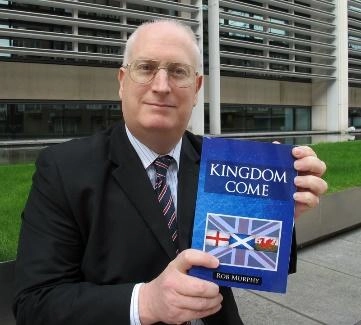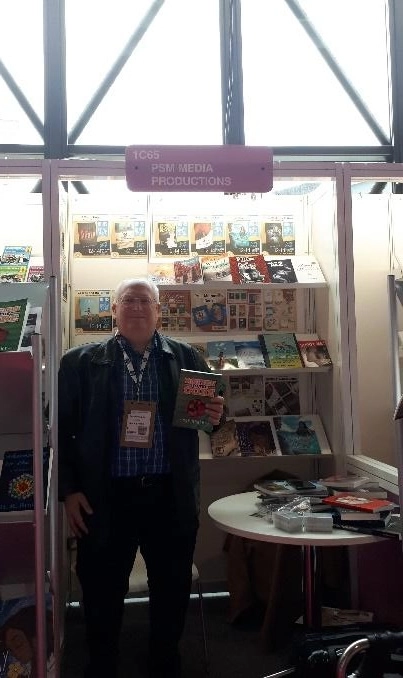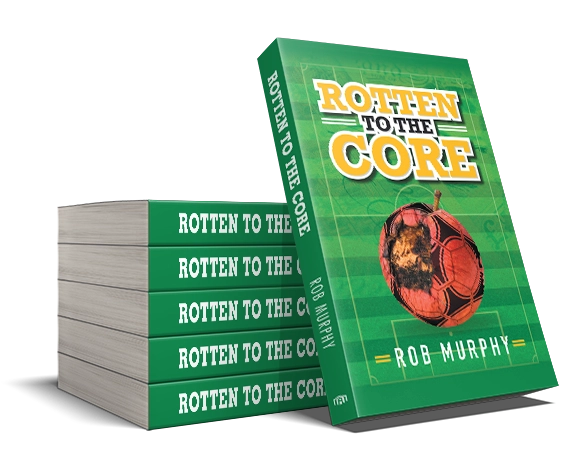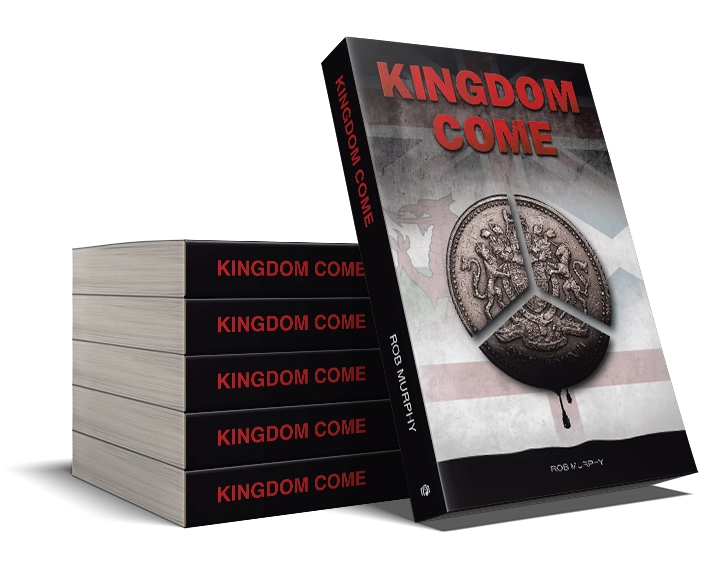Armageddon!
Could it really happen?
About Me



Firstly, a self-introduction. I am now retired after a 43-year career in the British Civil Service, a British citizen born and raised in London and my decision to become an author took place fairly late in life. There are many reasons why people become authors but a common thread is that they have an idea and then visualise a plot. From then, they put pen to paper or, as I have done.
My first novel, Kingdom Come, was published in 2011 and came from an idea that started in the 1990s. I was well aware of the importance of oil and the economic impact that a large discovery would have on the United Kingdom, as it would enable any Government to be able to carry out its flagship policies without worrying about their affordability. I also appreciated the impact that such a discovery would have for the West in general, as it would significantly reduce dependence on the Middle East. But I also understood what might happen if new oil reserves were discovered off Scotland and Wales – both countries felt left behind after the economic restructuring of the United Kingdom which took place from the 1980s onwards and the discovery of such a precious resource might rekindle the desire for independence.
With no prior experience of writing novels, I searched the internet for a potential publisher. None of the main publishers appeared to be inviting interest from new writers but, by accident, I stumbled across the concept of self-publishing. This made it possible to turn my script into a novel but I had to self-finance its publication and marketing. I embarked on my own sales drive which involved selling it to friends and acquaintances, publicising it on Facebook and putting free copies to read in pubs and in the library at work. Being a new author and without an agent, and with an economic recession taking place, sales were very low.
I had no plans to write a second novel but, in 2015, an idea came into my head which led me to write Rotten to the Core. The trigger was the almost unprecedented decision by the then US Attorney-General, Loretta Lynch, to seek prosecutions against several leading officials from the world’s soccer federations, including the Secretary-General of the world body, FIFA. This revealed there was considerable concern about the integrity and propriety of the world’s leading sporting bodies and took place against the backdrop of the controversial awards of the 2018 and 2022 World Cups to Russia and Qatar. The political landscape was also getting very interesting with an increasingly assertive Russia, a fast-emerging China, the election of President Trump, the United Kingdom leaving the European Union and the re-emerging issue of the strength of the union of the four countries which make up the United Kingdom in the light of Brexit.
I have not yet decided whether to continue and write a third novel. Much depends on whether I am offered a film or publishing deal for Rotten to the Core, which would make it worthwhile. One subject I have in mind is Brexit and the impact it has had on the United Kingdom since the 2016 referendum.
Rotten to the Core
2009. Russia and England are bidding to stage the 2018 World Cup. FIFA Secretary-General, François Picard, has been offered a small fortune that will enable him to retire in luxury if he secures the World Cup for Russia. Picard works out that a no-hoper bid for the European football championships in 2016 will undermine England’s World Cup bid, and supports it against a bid from his own country. But when the no-hoper bid proves more credible than anyone thought, Picard finds himself in a hole which gets ever bigger as he desperately tries to dig his way out.
What Good to Read review.


